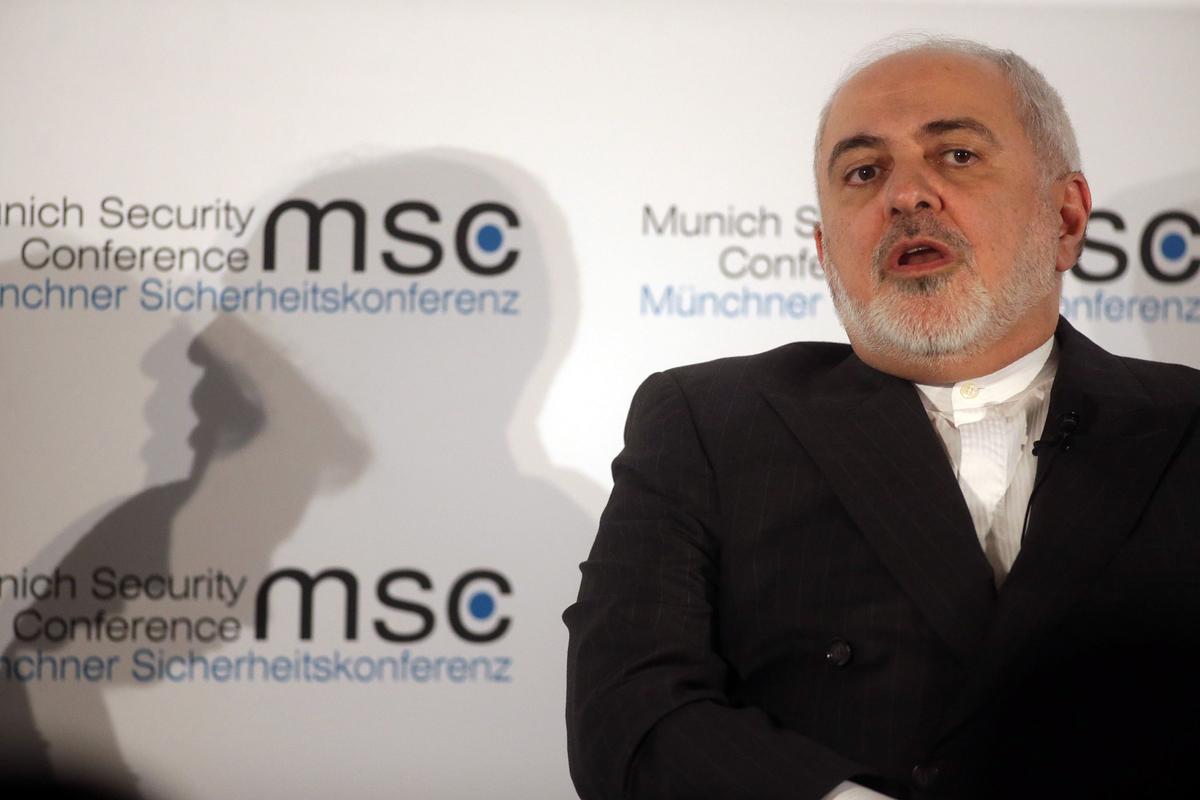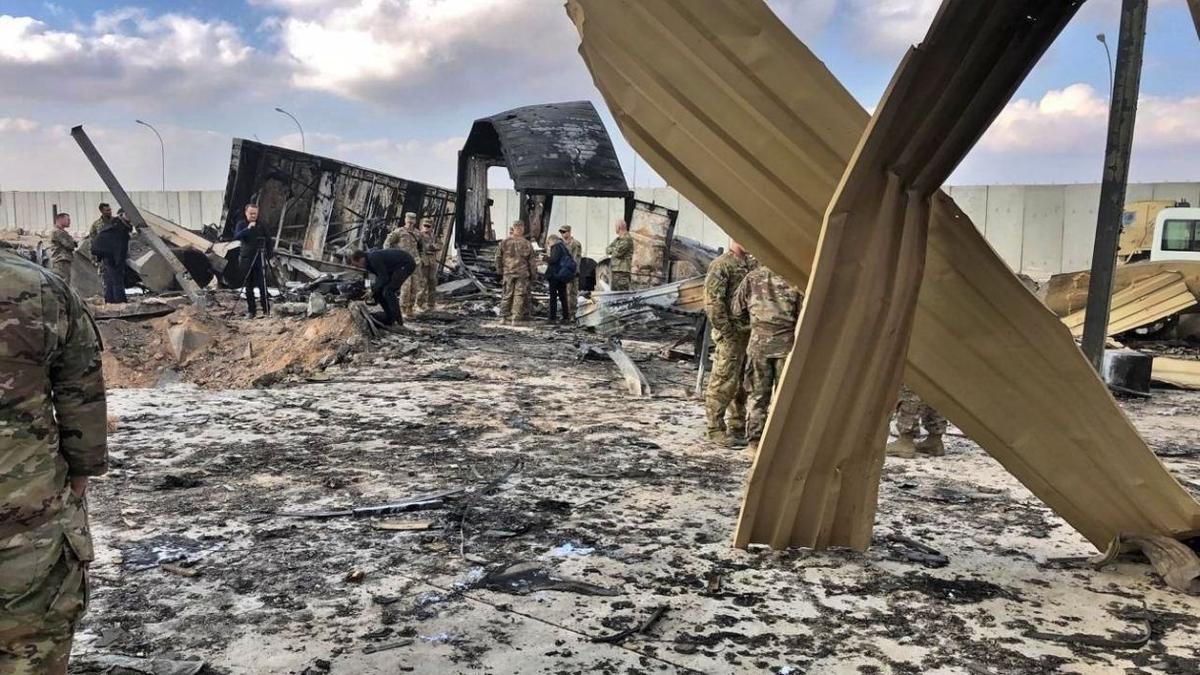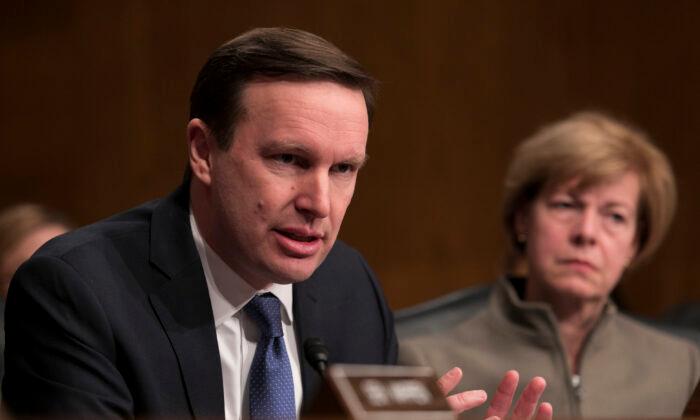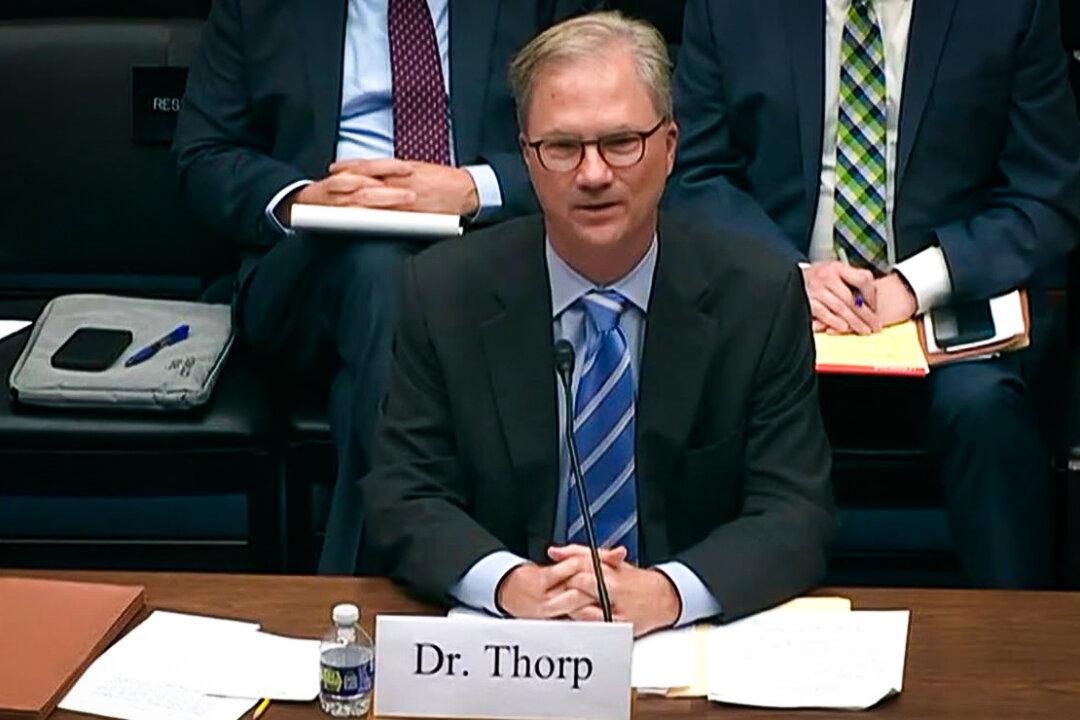Sen. Chris Murphy (D-Conn.) admitted meeting one of Iran’s top officials a day after reports indicated he met with Iranian Foreign Minister Mohammad Javad Zarif during the Munich Security Conference in Germany last week.
Murphy defended his meeting with Zarif on Tuesday, arguing in a statement: “It’s dangerous not to talk to adversaries, especially amidst a cycle of escalation.”
Murphy said he’s been meeting on occasion with Zarif for years, during both the present administration and the past one.
Murphy said he told Zarif that any attacks on U.S. forces in Iraq would be unacceptable, even if they came from groups in Iraq affiliated with Iran and not Iran itself. He also asked for Iran’s help in Yemen and inquired about American prisoners held in Iran.


Murphy said he doesn’t know whether his meeting will make a difference. “I’m just a rank and file U.S. Senator. I cannot conduct diplomacy on behalf of the whole of the U.S. government, and I don’t pretend to be in a position to do so. But if Trump isn’t going to talk to Iran, then someone should,” he said.
Murphy’s meeting with an American foe drew criticism before it was confirmed by the senator.
Asked about the possible meeting on Tuesday, Secretary of State Mike Pompeo said he didn’t know what the meeting was about. “If they met, I don’t know what they said. I hope they were reinforcing America’s foreign policy and not their own,” he told reporters in Ethiopia.
The meeting came just weeks after Iran attacked U.S. forces in Iraq, leaving dozens with head injuries. The missile attacks came after the United States took out Qassem Soleimani, an Iranian general who headed a military force in Iran designated by the United States as a terrorist group. That strike followed attacks from Iran against the United States, including one that killed an American contractor.
President Donald Trump told reporters later Tuesday that Murphy’s meeting might violate the Logan Act. Flynn, who pleaded guilty to one count of lying to federal agents, was examined for possibly violating the act. Enacted in 1799, the law prohibits negotiation by unauthorized American citizens with foreign governments that are having a dispute with the United States.






Friends Read Free